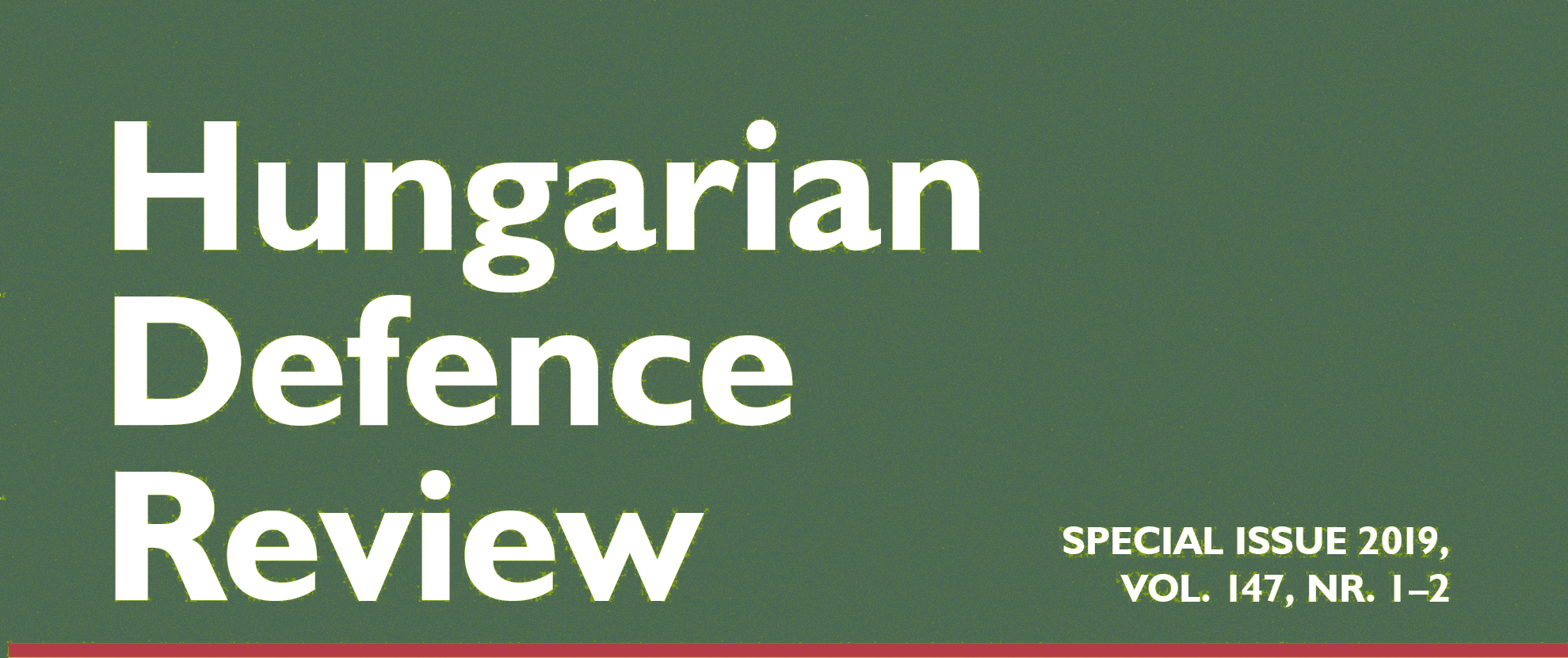Tuatara
DOI:
https://doi.org/10.35926/HDR.2019.1-2.1Kulcsszavak:
leadership, tuatara, unconventional leadershipAbsztrakt
Since the era dominated by industrial production to the knowledge-based society, the traditional way of choosing leaders has been to change the development of non-traditional leadership skills. In addition to the traditional leadership virtues, taking into account the previously unconventional skills have become extremely important in selecting leaders in a modern army. Future challenges can only be tackled by adaptive organizations in which individuals have to make much more autonomous decisions, to adapt to the ever-changing environment that management needs to take into account and support. The generals of the future have to form a strategy in a complex environment, they have to learn how to apply a comprehensive approach, when they have to cooperate with different types of professionals and participants in the possession of visionary, operative and bridge building skills – and this is not easy because different roles require different ways
of thinking.
In history, we find examples of such leaders, which in our time are becoming alive, because if organizations are not ready to find rapid answers to the challenges, if their decision-making processes are overwhelmed, no hopeful success is expected. Deeply embedded, centralized command and control in the armed forces is not an appropriate response to extremely complex asymmetric situations, especially when facing critical challenges that require immediate decisions.
Leadership is not the same as power. Non-traditional leaders need to have followers, associates who support their idea and achieve a degree of freedom. A good example of acquiring the necessary learning and adaptation skills in this world
is the convincing example of the success of tuatara, a real living fossil, of evolutionary survival.


